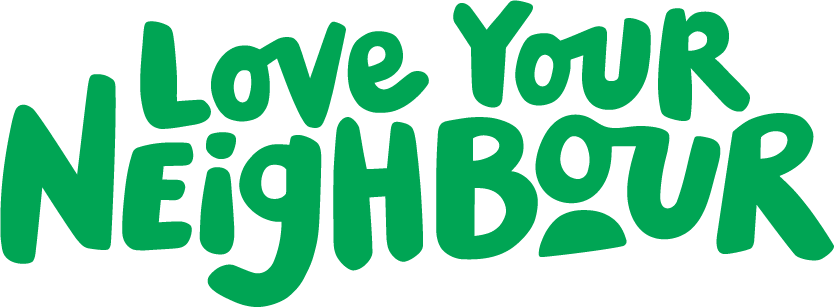How Can I Help Someone Struggling with Debt?
By Sarah Simms, Crosslight Branch Manager
The Resolution Foundation has warned that the cost of living for the UK’s poorest households could increase by as much as 10% by the Autumn. Sarah Simms, Kensington’s Crosslight Branch Manager, explains why demand for money advice services has doubled in recent months, and what we can do to help.
…the cost of living for the UK’s poorest households could increase by as much as 10% by the Autumn.
Every day I meet people who find themselves in unimaginable difficulty. There is so much poverty, desperation, and suffering that can be hidden within our communities. There is a misconception that debt is the result of reckless borrowing, however, I meet extraordinary people whose debts have built up simply because they are trying to survive, with difficulties often caused by illness, bereavement, domestic violence, job loss or mental health problems.
Here are four things you can do to help...
1
Start a conversation in your organisation or church about the financial problems faced by your community. It may not be an easy conversation, but it can be a way to break down some of the fear money problems can bring. The Centre for Theology and Community has some good resources, and the Diocese of London has a useful Money Help Toolkit for Churches for those seeking to understand the ways in which their church can get more involved.
2
Think about what you can do if someone you know is in debt. Would you know where to turn? Do you understand how debt advice works? Many people are fearful of getting the help they need; supporting someone to access help and even walking the journey with them can be incredibly powerful. The government’s Money Helper website has some useful information about the debt advice process along with a debt advice locator tool to find free debt advice near you.
3
Many of us struggle to manage our money well, and simple budgeting classes can be a way to build confidence in managing money day-to-day. Crosslight’s Money Course is available for free online for groups to run themselves, and there are live online courses and self-study options that individuals can join anytime, both with the option to have one-to-one support from one of our Budget Coaches. CAP also has a great resource, or the Money Charity runs a range of workshops including for young people. And of course, the peerless Money Saving Expert website has a wealth of practical information.
4
Consider becoming a debt adviser or opening a debt centre. Training to become a debt adviser could be one of the most rewarding things you do. Lots of churches are now involved in this ministry, and many would welcome your support. Or if you’re inspired to open a debt centre in your own church, see if there are any centres already operating in your area that you can partner with or support. If not, there are several options worth exploring including Community Money Advice and Christians Against Poverty – both operate in quite different ways, but both will provide you with the support you need to open your own centre. Or you can speak to us about partnering with Crosslight.
Find out more about the work of Crosslight



